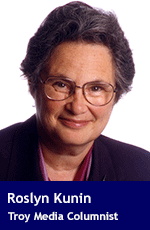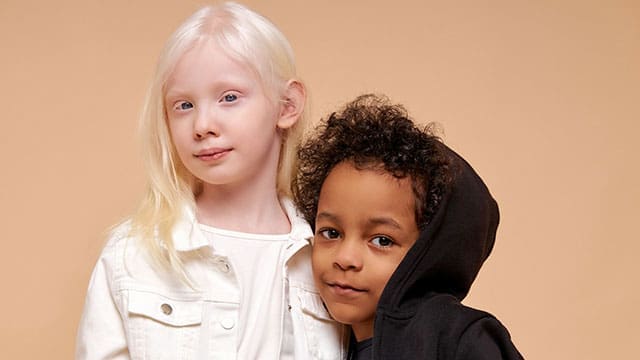DEI practices are causing levels of exclusion never before seen in free societies

The letters DEI, which stands for diversity, equity, and inclusion, are popping up everywhere. DEI is often presented as a new magic mantra that, if fully implemented, will solve all our social problems.
Diversity is important. The racial segregation that occurred in South Africa and the southern United States are examples of how things should not be done. Keeping people with physical or mental challenges confined to their homes is a waste of valuable human resources.
An even greater misuse of human capabilities is letting sex determine what jobs and activities people are allowed to do. Younger people may not be aware of this, but others may recall a time when job ads in newspapers were divided into “Help Wanted – Men” and “Help Wanted – Women.”
No one would consider hiring a woman for a “man’s job” back then, even if it was something like market research. Likewise, no man would consider “woman’s work.” Female doctors were a rare anomaly, and male nurses were nonexistent. Though not yet perfect, our performance on diversity has definitely improved since then.
| Related Stories |
| Anti-poverty programs exclude 95 percent of poor Canadians
|
| Groupthink on school boards is not inclusive
|
| Jerry Seinfeld warns that the far-left is killing comedy
|
Equity usually refers to an equal distribution of income. We want everyone to have a fair share of the good things that the country can offer. We do not want to see the rich getting richer while the poor get poorer.
Despite much publicity to the contrary, the situation with respect to income equality in Canada is not getting worse. Those who claim it is are looking at the wrong numbers, namely gross income before taxes and transfers. Government policies exist to improve equity, and they are having the desired results. Once taxes have been deducted from high incomes and government transfers such as child tax credits and pensions added to lower ones, we see that income distribution in Canada is not the disaster some claim.
After taxes and transfers moderate the extremes of wealth and poverty, equity becomes a more valuable goal when it refers to equality of opportunity rather than equality of results. Equality of results logically leads to equality of effort. If everyone’s earnings are the same, it makes sense not to work harder or contribute more than the least productive people.
The truth of this was demonstrated in the early days of Israel when there were both kibbutzim and moshavim. Kibbutzim were fully socialist operations where everyone worked according to their abilities and all were equally rewarded. Moshavim were collective farms with shared equipment, but each family had its own plot of land and could retain their earnings. Not surprisingly, productivity on the moshavim exceeded that of the kibbutzim.
Inclusion should follow once we address equality of opportunities and diversity. However, some of the most vocal supporters of DEI are creating exclusion instead of inclusivity.
Far from promoting an environment where everyone is included regardless of gender, race, religion, or other factors, they support practices that create exclusion at a level never before seen in free societies. They have gone too far in their desire to support minority groups that have faced discrimination in the past.
For example, allowing trans women (people born male who now self-identify as female) to compete in women’s sports can be problematic. Despite their inclinations and any medical transformations, such individuals still have the physical advantages that led to the separation of men’s and women’s sports. If trans women are allowed to compete in women’s sports, no person born female may ever win a medal again.
Another example takes us back to gender-discriminating help-wanted ads. In the interest of improving diversity and helping minorities, many organizations now include phrases that effectively say, “No White, Straight Male Need Apply” or even “No White, Straight Person, Male or Female, Need Apply.” This excludes the vast majority of the population and is the opposite of inclusivity.
Dr. Roslyn Kunin is a Troy Media columnist, public speaker and consulting economist.
For interview requests, click here.
The opinions expressed by our columnists and contributors are theirs alone and do not inherently or expressly reflect the views of our publication.
© Troy Media
Troy Media is an editorial content provider to media outlets and its own hosted community news outlets across Canada.

